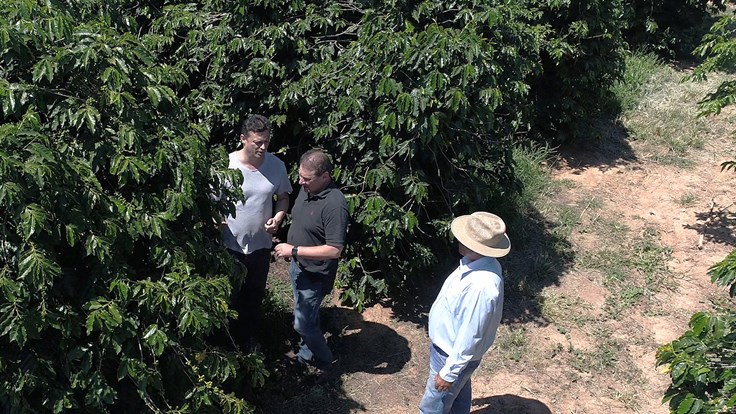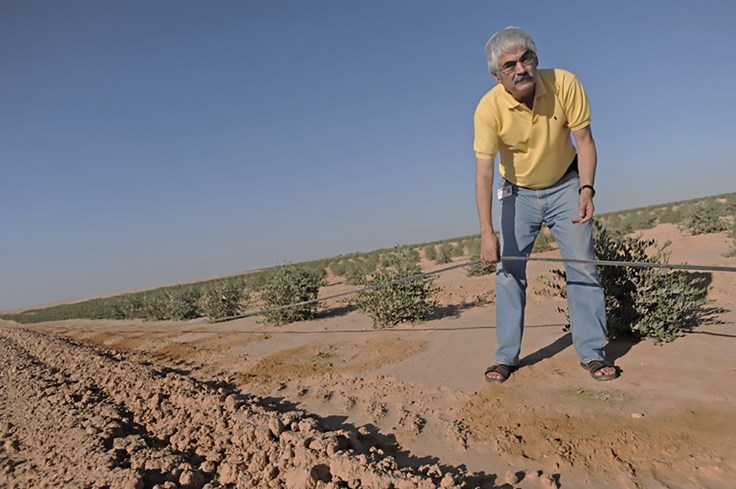It’s April in Mumbai. The sun filters through a haze of humidity and pollution as petrol, flowers, and panipuri scent the air near the market. It’s 94 degrees (34.4 C), only dipping to a low of 78 (25.5 C) in the dead of night.
To state the obvious, Mumbai is hot. India is hot. Increasingly, it seems, the whole world is hot.
Jane Doe* is one of Mumbai’s 18.4 million residents. She lives in an apartment with her husband and 11-year-old son. They do well for themselves, earning enough to live comfortably and keep a bit of savings, yet Jane isn’t interested in buying an air conditioning unit for her family. Not because she can’t afford it—but because she finds cold air to be unhealthy and largely unnecessary. “When I go to the movies, I bring my sweater with me,” she says. “It’s too cold!”
This isn’t the sentiment you might expect to uncover on a research trip to India. But the Low Cost Cooling team from Orbia Lighthouse, together with Koura, wasn’t on a journey to prove their assumptions. Instead, the team was practicing human-centered design, interviewing people in their homes to better understand their lives, attitudes, and unmet needs.
Orbia Lighthouse is a collaboration between Orbia and the innovation firm IDEO. The lab was created to build and launch new ventures that aim to tackle some of the world's most difficult challenges, by leveraging Orbia’s expertise in engineering, materials, and manufacturing, and IDEO’s depth in human-centered design.
Understanding people’s attitudes and behaviors is an important part of designing solutions that meet their needs.
Koura, one of the world’s largest fluor companies, has been providing the key ingredients for coolants for years. But there was still a lot they didn’t know about the needs of the communities they wished to serve.
So the Orbia Lighthouse/Koura team traveled to Mumbai, Delhi, Agra, Ghaziabad, and Nashik to find out more. They learned that people have a nuanced relationship with the idea of cooling and air conditioning. In a country plagued with air quality issues, “good air” isn’t necessarily cold. People are often more concerned with freshness, purity, and ventilation.
Air needs to be cool enough to be comfortable, but comfort is a relative term, and health is paramount. Couple these notions with the high cost of electricity and a concern for the environment, and many Indians choose to use fans or other means to stay cool. At the same time, AC cooled air can be seen as a status symbol, especially by young people. And as temperatures increasingly soar to record highs, having AC has become an occasional necessity.
In other words, the issue is complicated.
At the outset of the project, demographics seemed to point the team in a clear direction: A rising middle class in a hot country would want to buy more air conditioning units. But the research pointed in a different direction—nudging the team toward ideas that included new service models for cooling solutions and the safe recycling of refrigerants. Ultimately, human-centered research helped the organization avoid investing in the pursuit of a solution that customers didn’t necessarily have use for, while opening up the possibility of entering the market with offerings that addressed people’s nuanced unmet needs.
*Name has been changed for privacy.





